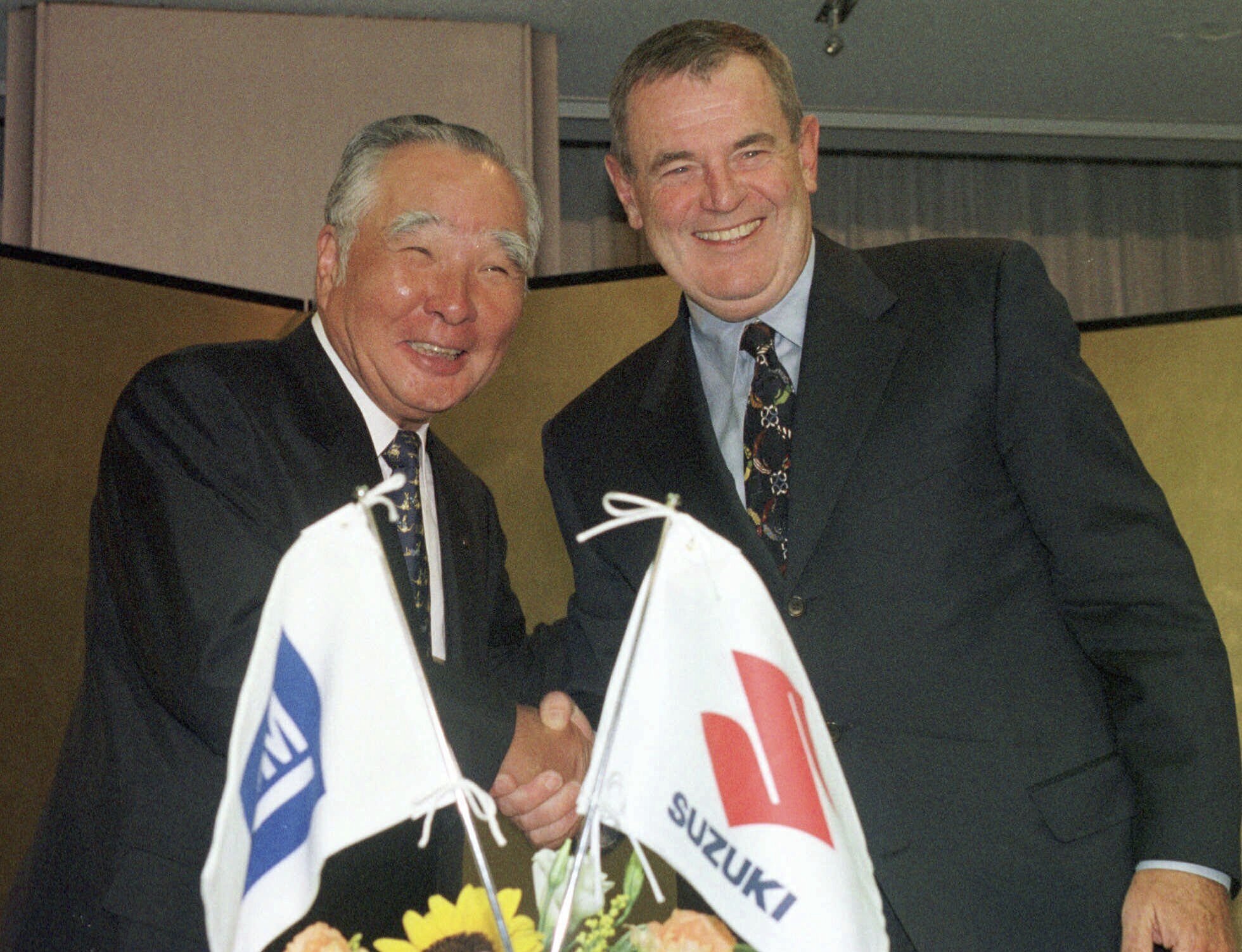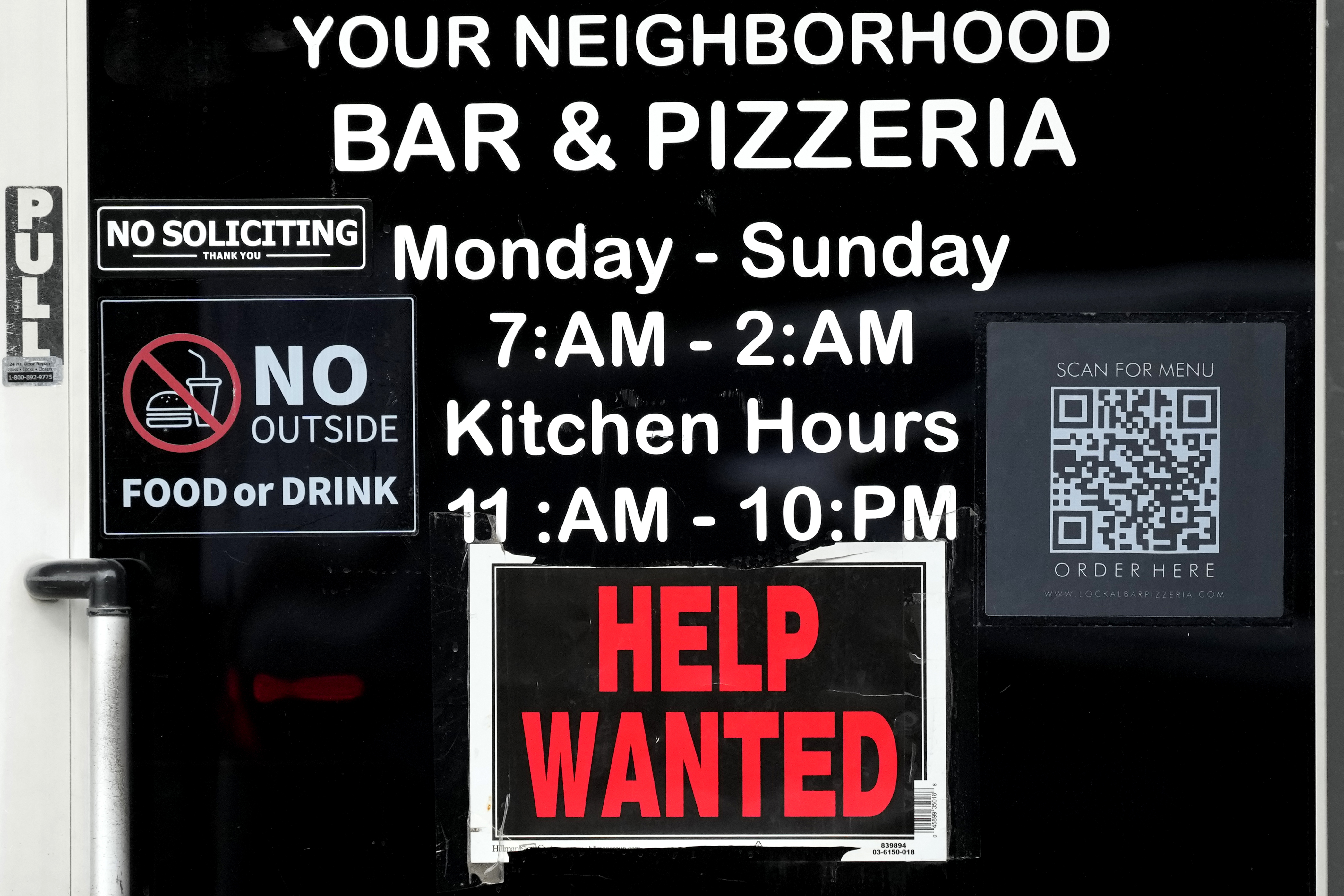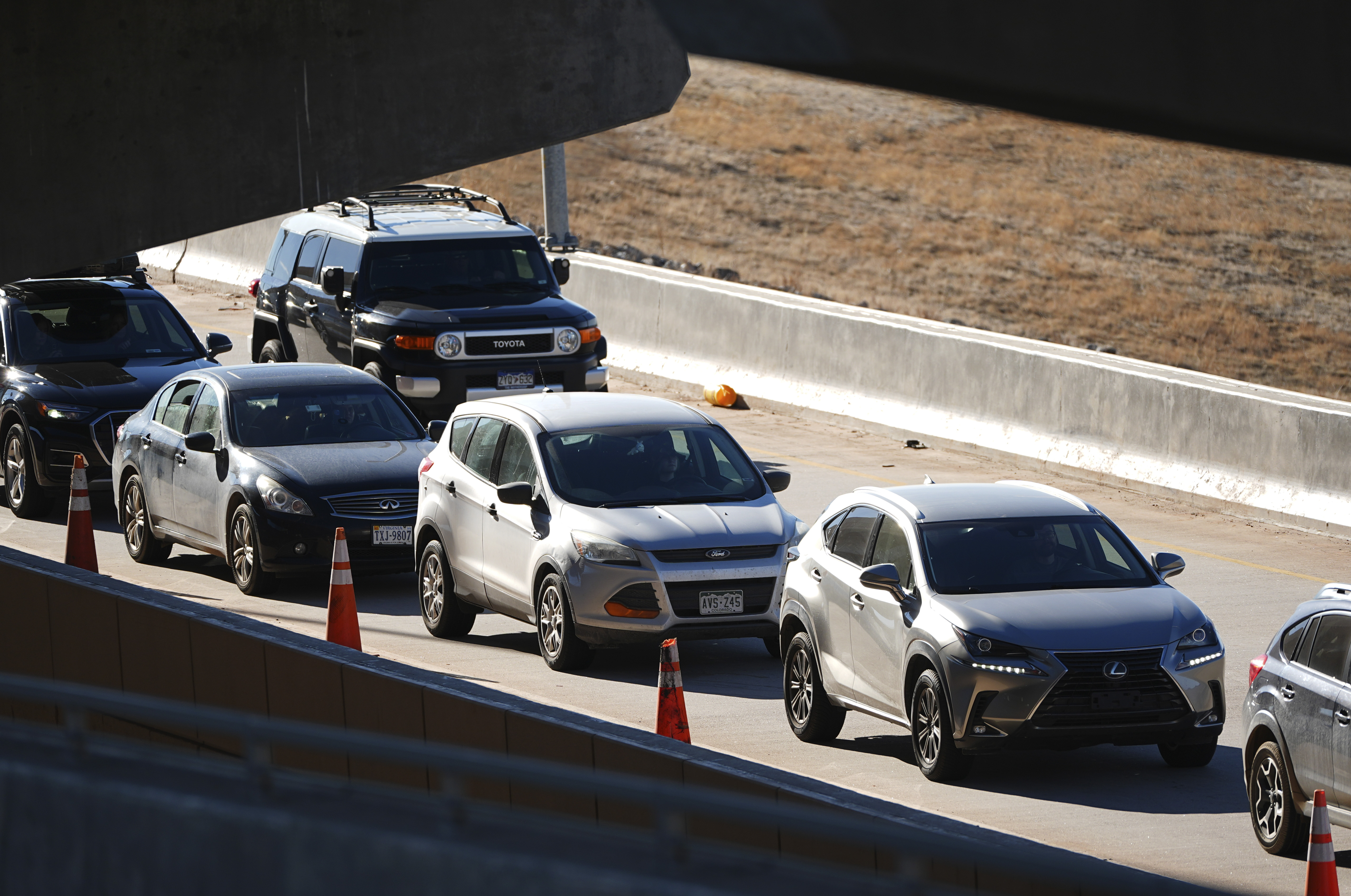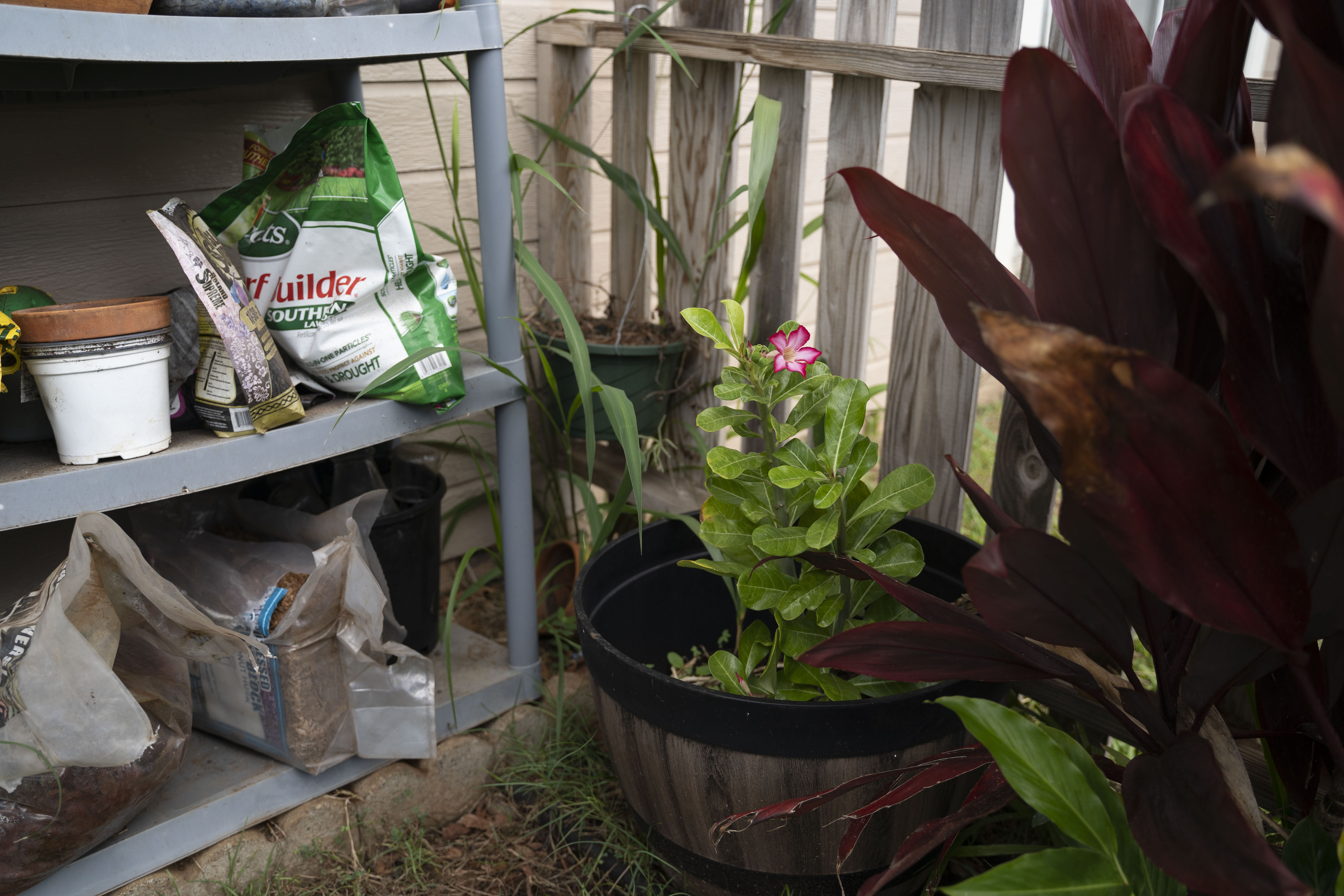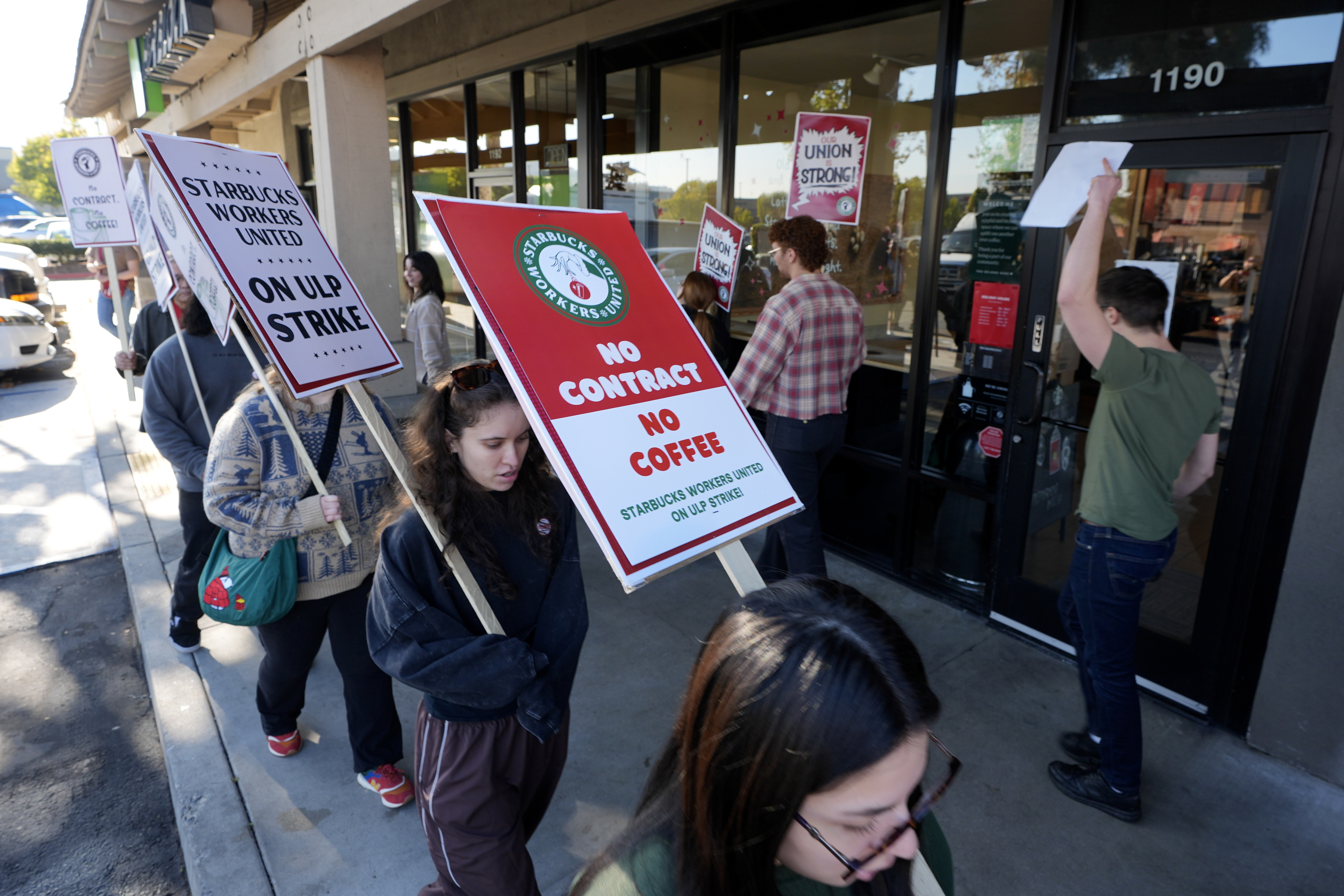RICHMOND, Va. (WRIC) — More than 300 employees from five state agencies have resigned since Gov. Glenn Youngkin announced Virginia’s new telework policy in early May, according to records obtained by 8News.
This includes 183 Virginia Department of Transportation employees, 28 of whom cited “telework options” as the reason for leaving. Two VDOT workers who listed telework as the reason did move to another state agency, records obtained by 8News after filing a Freedom of Information Act request show.
On May 5, Youngkin updated the state’s telework policy for all state employees to begin working in-person full-time by July 5, a change the governor’s office stressed would provide “options for and supports the use of telework where appropriate.” Youngkin said it would help “balance the demands of government services with the needs of our public servants.”
Other state agencies and divisions, including the Virginia Department of Health (VDH) and the Virginia Employment Commission (VEC), provided employment resignations since Youngkin’s announcement in May after 8News filed public record requests.
According to those records, VDH had 78 resignations and VEC had 37 resignations from May 5 to June 27. Virginia’s Department of Housing and Community Development (DHCD) had seven resignations from May 5 to July 6 and Virginia’s Department of Emergency Management (VDEM) had six resignations from May 4 to July 7.
“Unfortunately we’re not surprised by this information,” Dylan Bishop, a lobbyist for the Virginia Governmental Employees Association (VGEA), told 8News Friday. “We had anticipated that the shift in policy would result in an exodus of workers, which is really concerning because of the state’s recruitment and retention issues.”
Most of the departments did not provide reasons for the resignations, but VDH shared that 29 former workers cited “Better Job,” three said “Dissatisfied,” six cited “Home Responsibilities,” two listed “Illness,” seven said they were leaving the area, three cited “School” and 27 listed “Other” as the reason.
“The governor is excited to welcome the Commonwealth’s workforce back in person and is encouraged by their continued dedication to serving Virginians,” Rob Damschen, Youngkin’s deputy communications director said in a statement. “We know an office-centric environment fosters collaboration and teamwork and provides an even greater level of service for all Virginians.”
He said VGEA, a volunteer, nonpartisan organization that advocates for Virginia state employees, surveyed its members and the results showed that some felt the policy was rushed, confusing and inefficient.
Bishop added that while most leave the public sector due to compensation concerns — 31 VDOT employees who resigned since May 5 cited compensation as the reason — the change in Virginia’s telework policy has left many state workers to question their next moves.
8News filed record requests for just seven of the several state agencies in Virginia, five of which reported resignations since Youngkin’s telework policy was made public. The data shared with 8News comes from a handful of state divisions and agencies and only represents a small portion of the workers employed by the state.
According to Virginia’s Department of Human Resource Management (DHRM), there are 57,575 state workers that it considers “classified employees” and 36,261 are not eligible for telework, including law enforcement, health care workers and department of correction workers.
An unknown number of Virginia state employees have been working remotely since the start of the COVID-19 pandemic. The stricter telework policy allows employees to submit applications to work remotely, but with various approval processes depending on the number of days per week requested.
Agency heads approve requests to work remotely one day a week, Cabinet secretaries evaluate requests for two days per week and Youngkin’s chief of staff, Jeff Goettman, reviews applications seeking three or more days of remote work a week.
State employees were given two weeks to submit telework applications and the administration set a June 3 deadline to review all of the requests, but Youngkin missed that goal. The governor’s office told 8News that some agencies received an overwhelming amount of requests and some workers submitted applications late. Still, the July 5 back-to-work deadline remained in place.
Bishop added that Youngkin’s failure to meet his deadline but expecting state workers to adhere to the rules set out in the policy brought a “loss of trust in the administration.” He also said that some workers were hired during the pandemic and never went to the office, leaving them concerned over not having an office to go to and how that could impact their positions.
A member of Youngkin’s office told 8News there are 21,314 state employees eligible for telework and 46% of those workers (9,866) chose a telework option. Nearly 90% of that group (8,820) requested to work remotely one to two days per week, 1,046 employees requested to telework for three or more days and 641 have submitted applications to telework five days a week.
It’s unclear how many state employees returned to the office when the deadline hit. But data obtained through 8News’ public record requests shed some light on the status of the telework requests.
Youngkin’s office withheld specific details on requests for two or more days of telework, citing a personnel exemption, but told 8News in its FOIA response on July 7 that there were 1,500 final applications. The governor’s office said it was not in custody of applications for one day of telework.
Here are snapshots of what was provided to 8News from certain state departments:
The Virginia Department of Transportation
As of July 1, VDOT sent 1,409 telework requests to the Secretary of Transportation and 209 to Youngkin’s chief of staff for approval.
VDOT Commissioner Stephen Brich did not approve any requests from employees seeking to telework one day a week as of July 1, but there were 425 pending requests for him to review at that time, according to records shared by the department.
Some requests for five days were adjusted to two days a week and later approved by the secretary, a change reflected in numbers provided to 8News showing that 1,426 two-day requests were approved, nine applications for three-days of telework were approved and 183 applications for five days of telework a week were approved.
Of the 183 full-time requests, 39 are temporary requests “due to a facility renovation that has limited the capacity of that facility,” VDOT said in its FOIA response.
The Virginia Department of Emergency Management
According to records shared with 8News, VDEM has 166 full-time employees and 137 telework agreements have been approved, 24 are pending approval and none have been denied.
VDEM did not send requests to the governor’s chief of staff and 83 went to the Cabinet secretary, VDEM said in its July 7 response to 8News’ FOIA request.
The Virginia Department of Housing and Community Development
Virginia’s Department of Housing and Community Development had 147 out of 147 telework requests approved, including 42 from the Cabinet secretary’s office and 43 from Youngkin’s chief of staff, according to an email from the department on July 6.
“Please understand that this information is current as of the date of this response and that these statistics will continue to be fluid based on new hires, separations, job changes and work-life changes,” Kyle Flanders, a senior policy analyst and regulatory administrator for DHCD, wrote in an email.
The Virginia Department of Elections
The state’s Department of Elections said it could not provide details regarding individual telework agreements, but noted in its FOIA response on July 5 that 52 had been approved. According to the department, that is 92% of eligible employees.
As of July 5, 10 telework requests have been denied or modified since May 4, five went to the Cabinet secretary’s office and 24 were sent to Youngkin’s chief of staff.
The Virginia Department of Education
Out of the 515 classified positions within the state’s Department of Education eligible for telework, 501 workers submitted applications, according to its FOIA response on June 27.
There were 194 requests pending approval by the Cabinet secretary’s office, out of 202 requested, and requests for three or more days of telework per week were at 233 as of June 27, with 49 pending.
Virginia Employment Commission
The Virginia Employment Commission received 454 telework requests, three being denied, five going to the Cabinet secretary’s office and 48 sent to the governor’s chief of staff, records from June 27 shared with 8News.
VEC did not share how many applications had been approved by then.
The Virginia Department of Health
As of June 27, VDH received 1,928 telework applications and sent 186 to the Cabinet Secretary and 276 went to Youngkin’s chief of staff for review.
The department did not provide additional details on approved or denied requests, stating in its FOIA response that they “are part of an employee’s personnel record.”
In May, eight Democratic Virginia lawmakers called on the governor to delay the state’s new telework policy, urging him to allow state agency heads to work with their employees on the return to their pre-pandemic work schedules after the Labor Day holiday and create an interagency work group to examine the current policy and share recommended changes.
The governor’s office did not grant the delay but did make adjustments, allowing state employees without alternatives for child care to request temporary telework agreements through Sept. 5 to work remotely up to five days a week. Youngkin’s administration agreed to grant accommodations to state workers under the Americans with Disabilities Act (ADA).
The state is trying to track how many state workers were working out of the office during the pandemic. The state’s Department of Human Resource Management has to provide a report to lawmakers by Nov. 1 on the number of state workers who teleworked from March 2020 to July 4, 2022.
“What the administration has seen throughout this process is that out of the more than twenty-one thousand telework eligible employees, while nearly ten thousand opted for some level of telework, the vast majority chose to work in the office at least three days per week,” Damschen continued. “Governor Youngkin is thrilled by the shared commitment our state employees have to serve Virginians and looks forward to building on this progress together.”
Bishop told 8News that 46% of respondents in VGEA’s survey said they were working remotely at least one day a week before the pandemic and that Virginia is unsure of the total number of state employees who have been teleworking.
Nearby areas returned to in-person work much quicker than Virginia, with workers in Washington, D.C., and Maryland returning to the office last summer.

